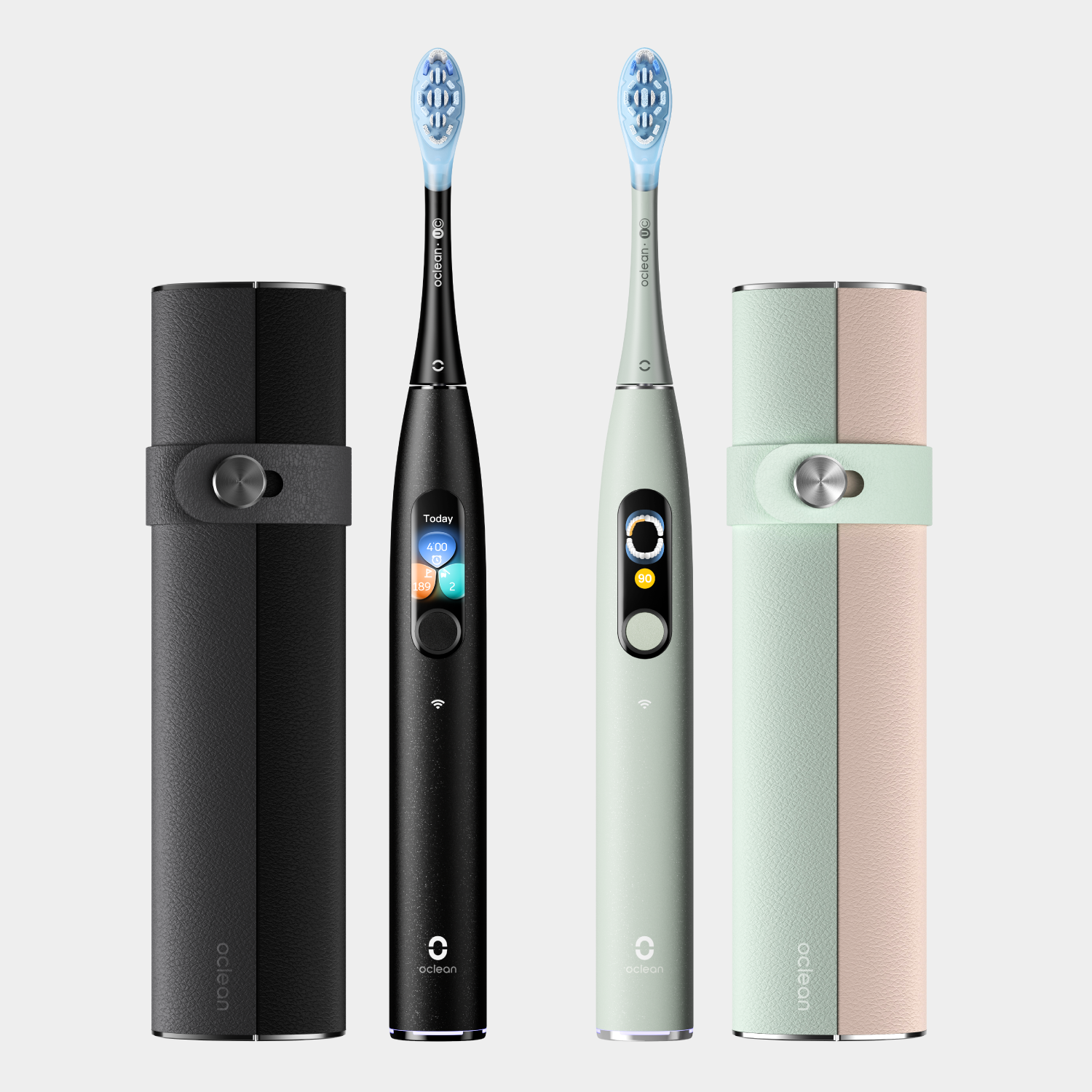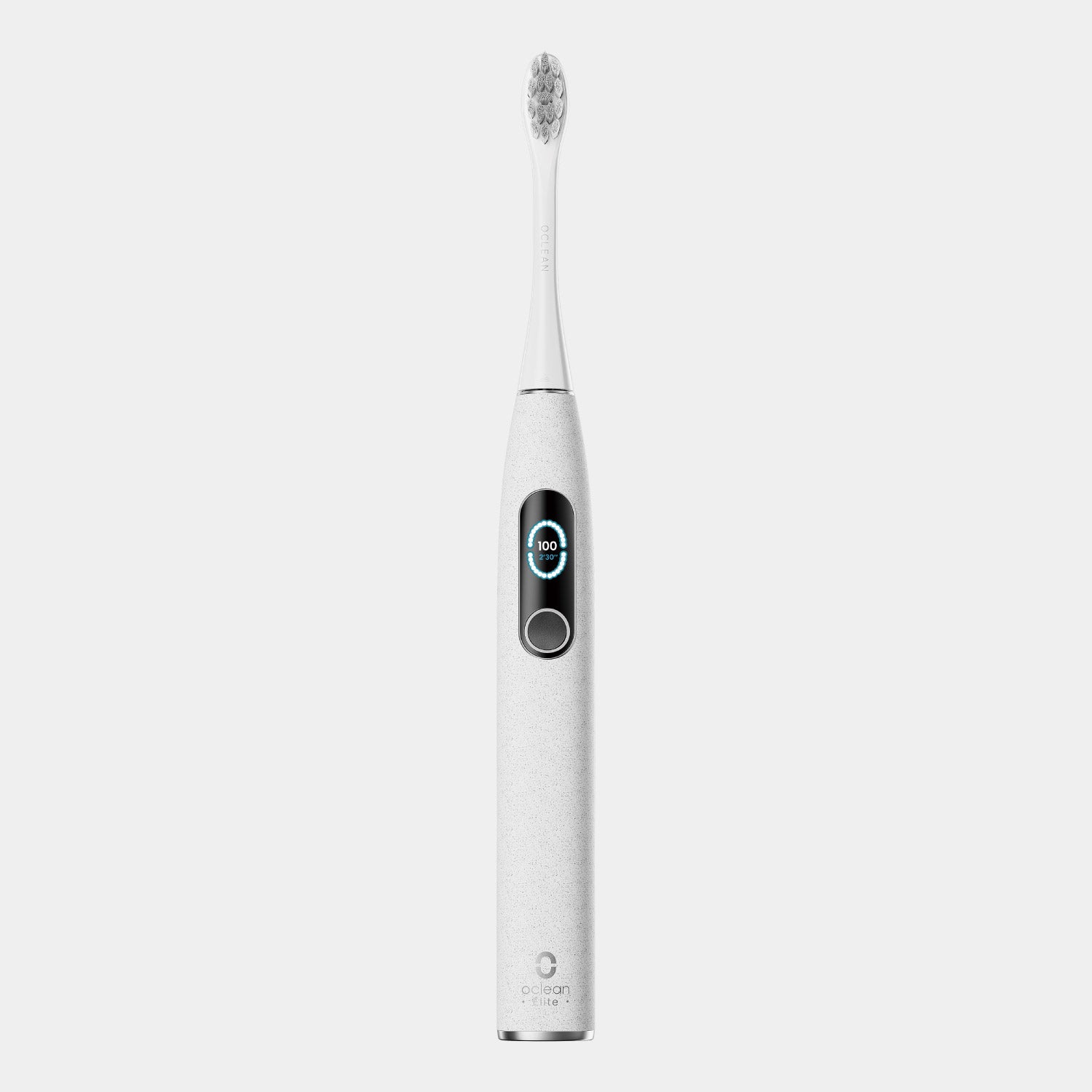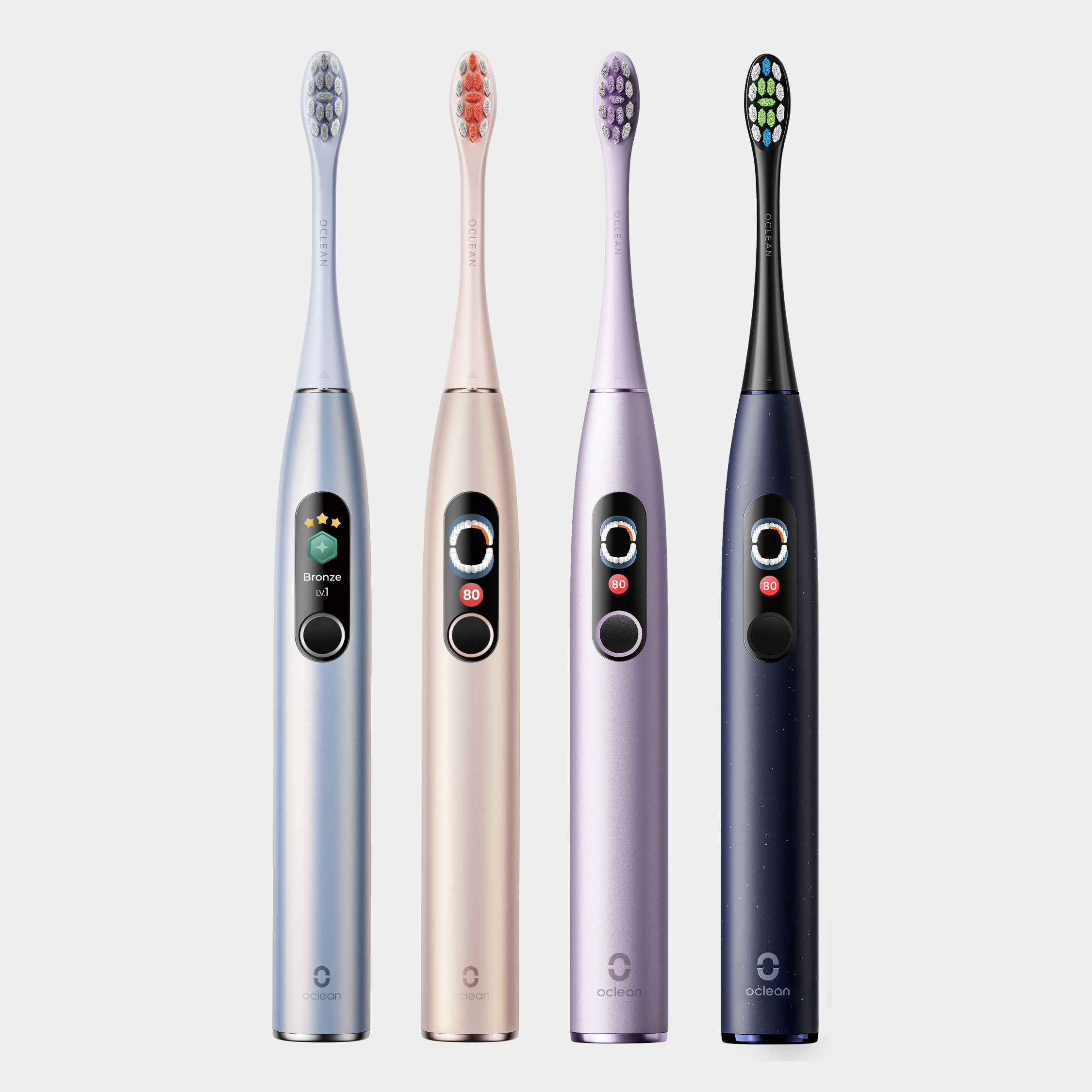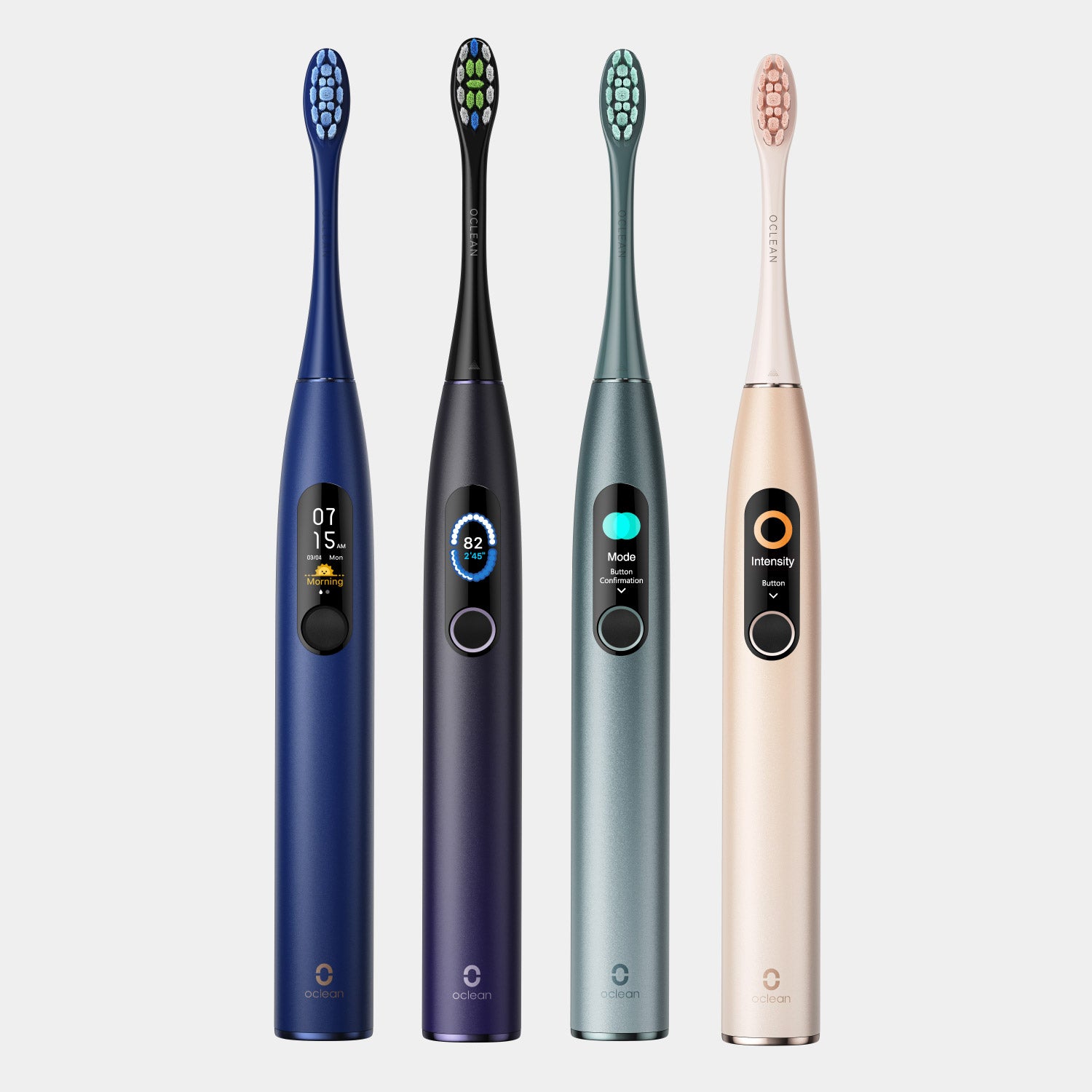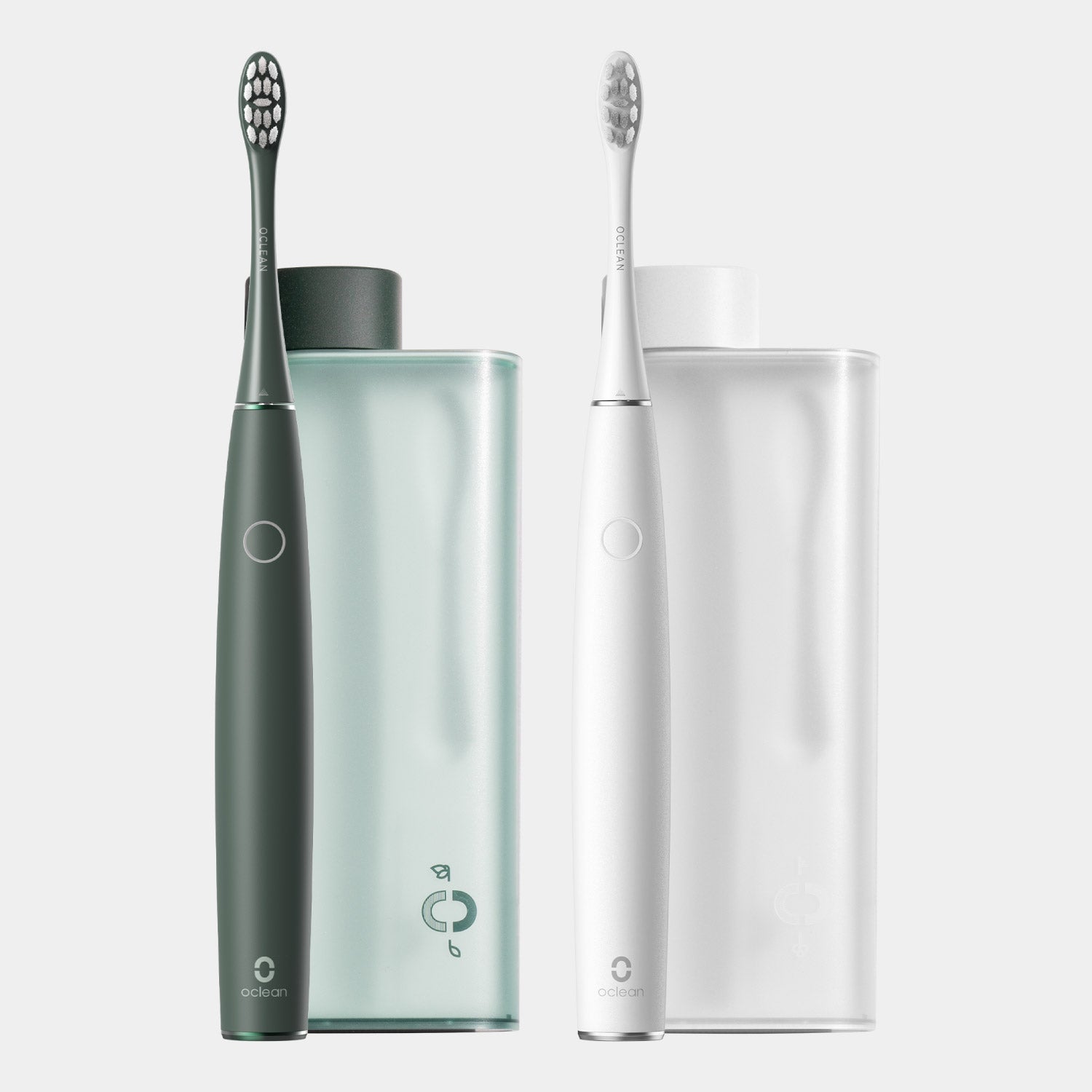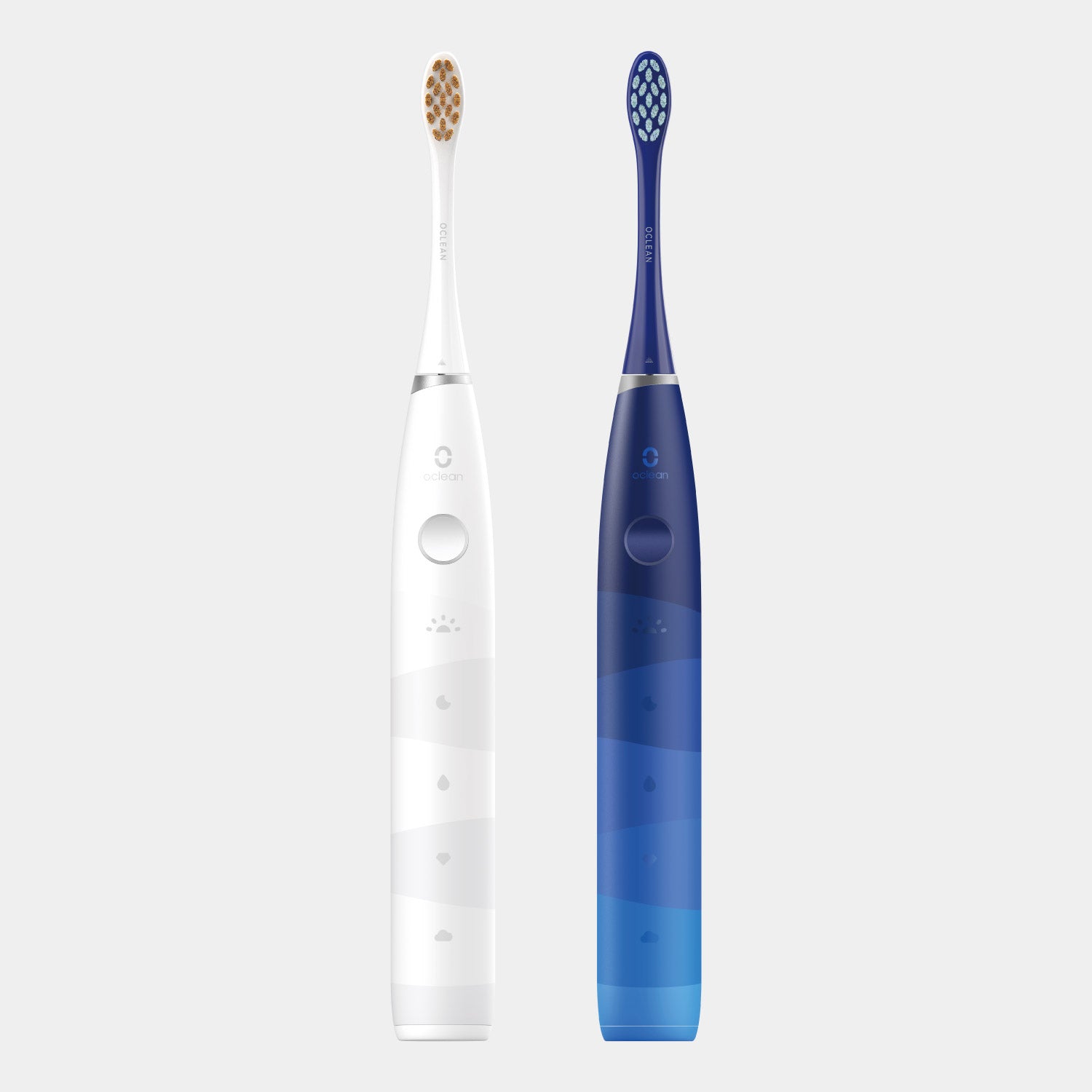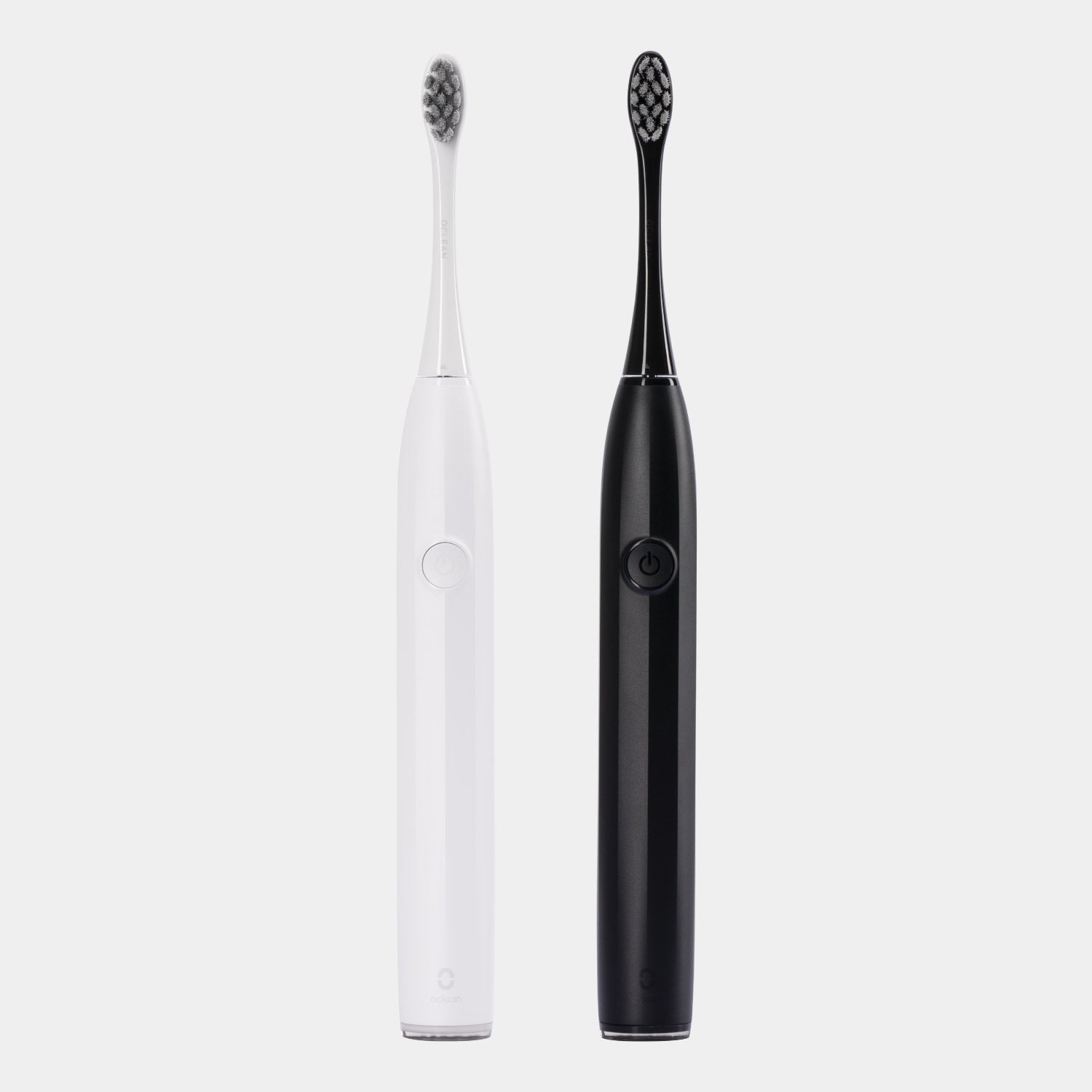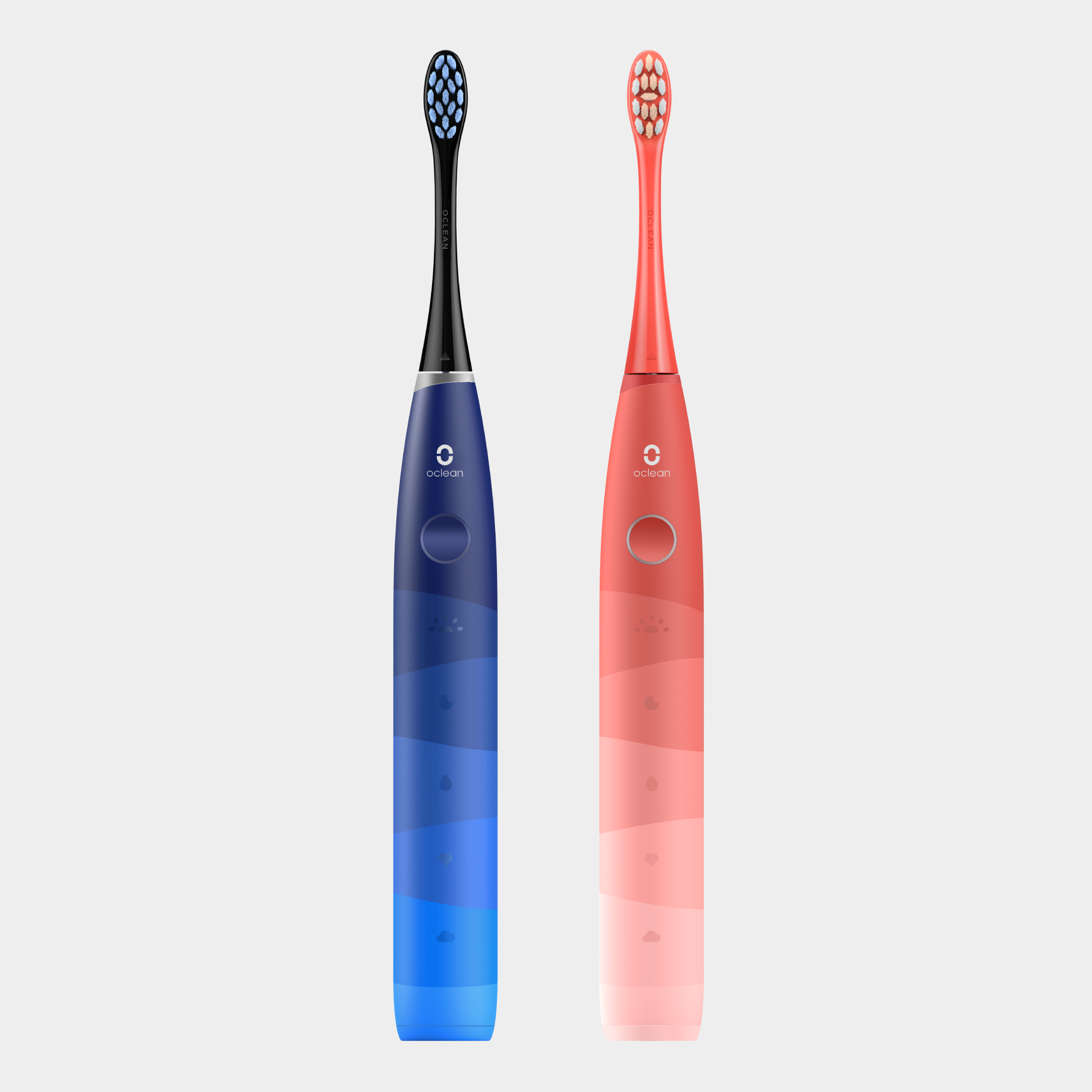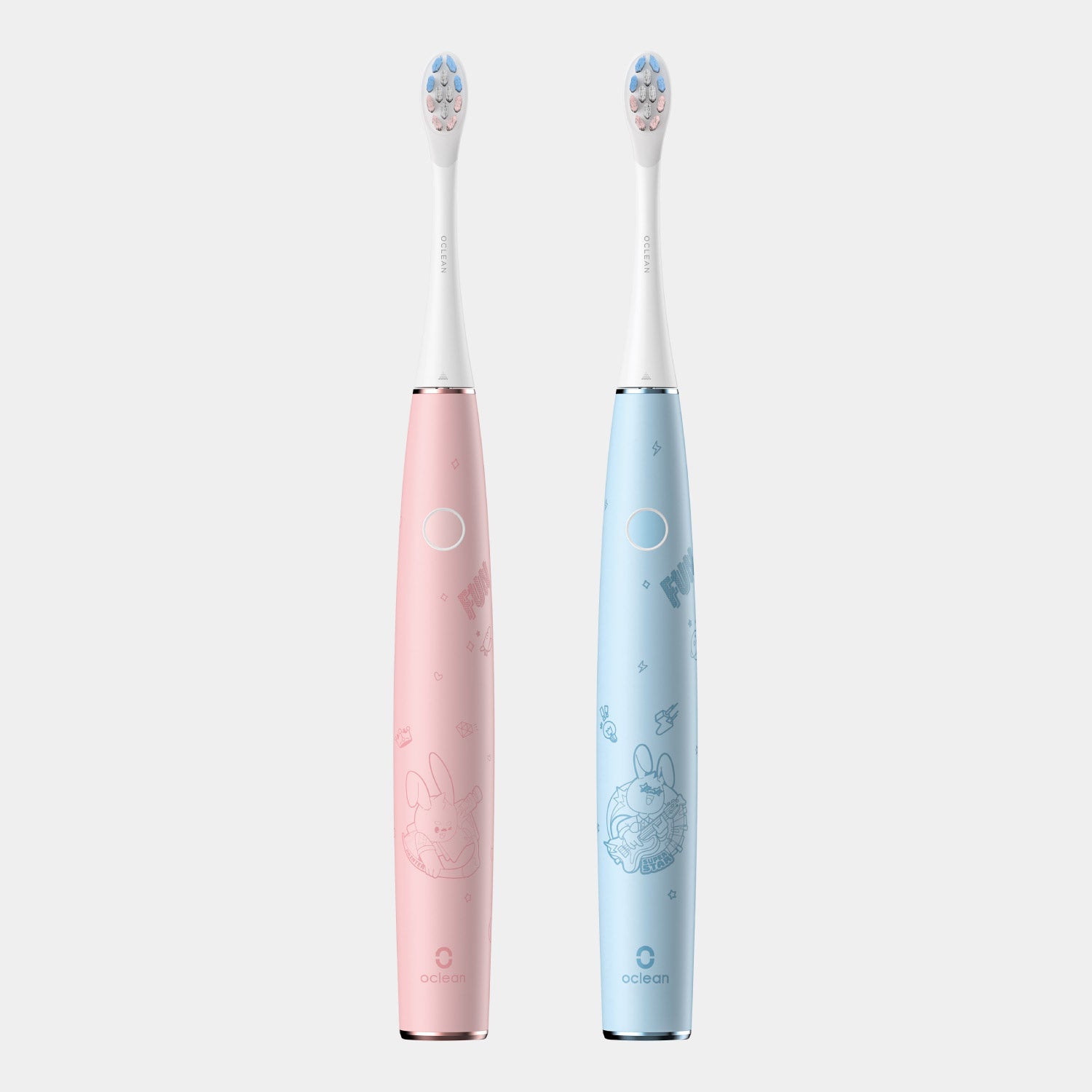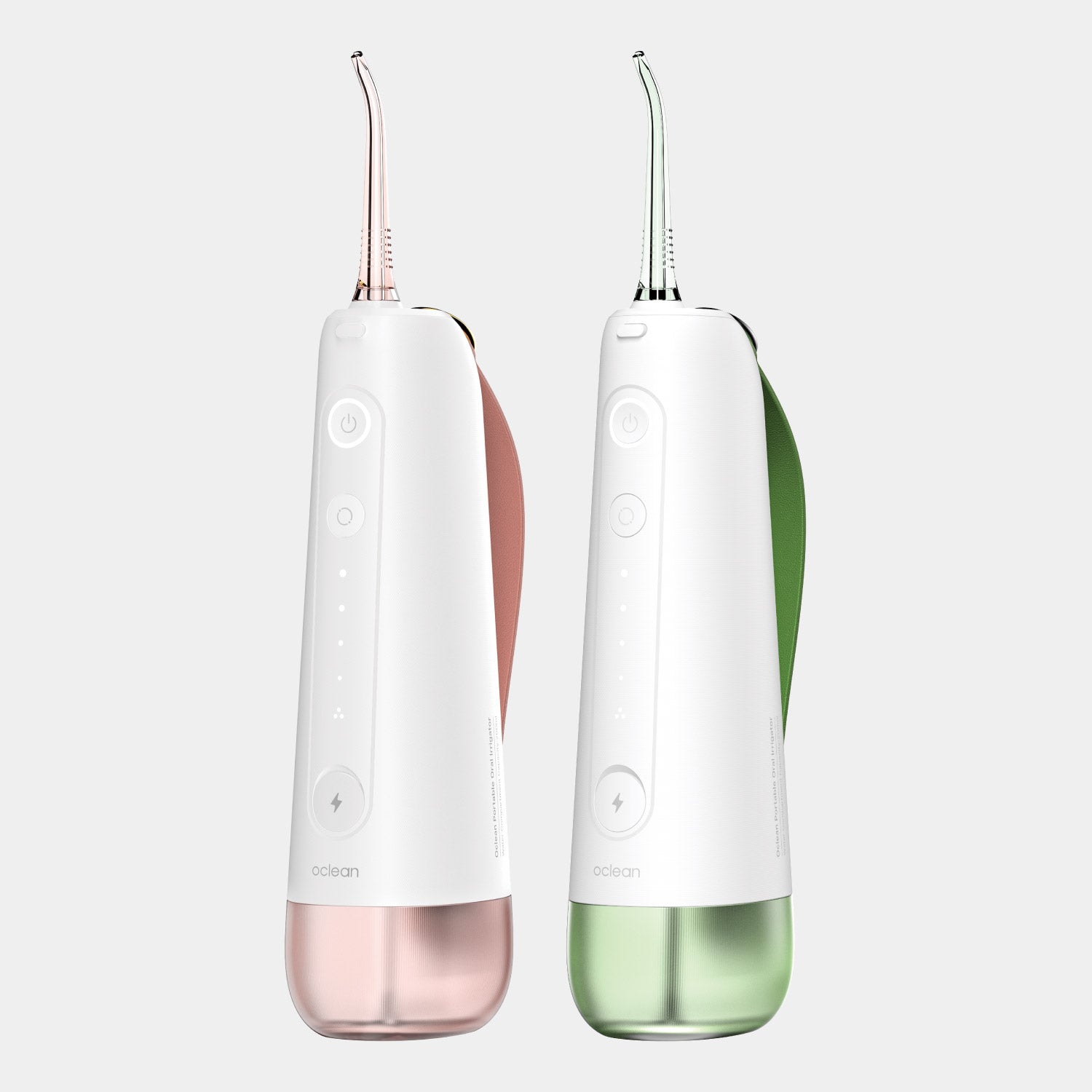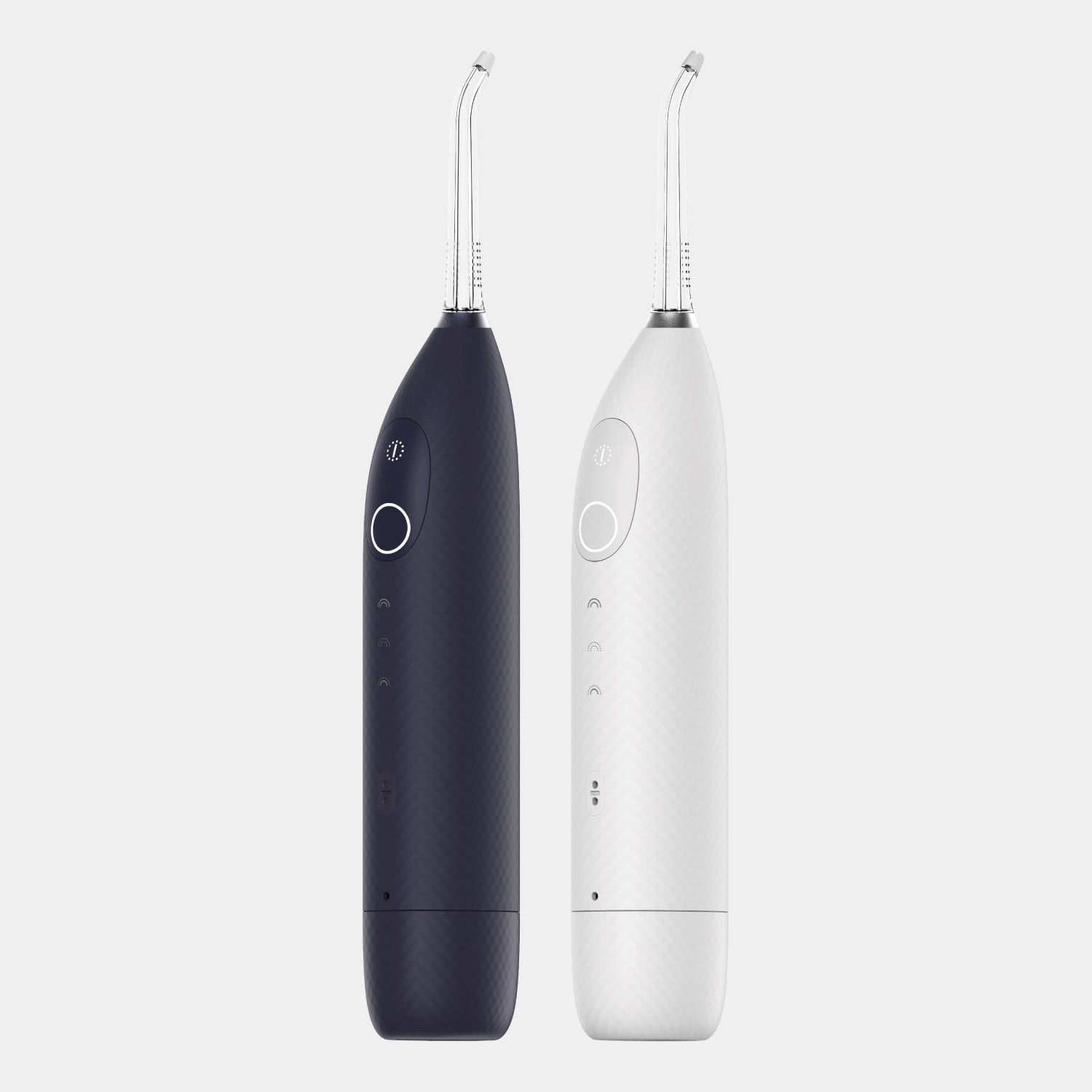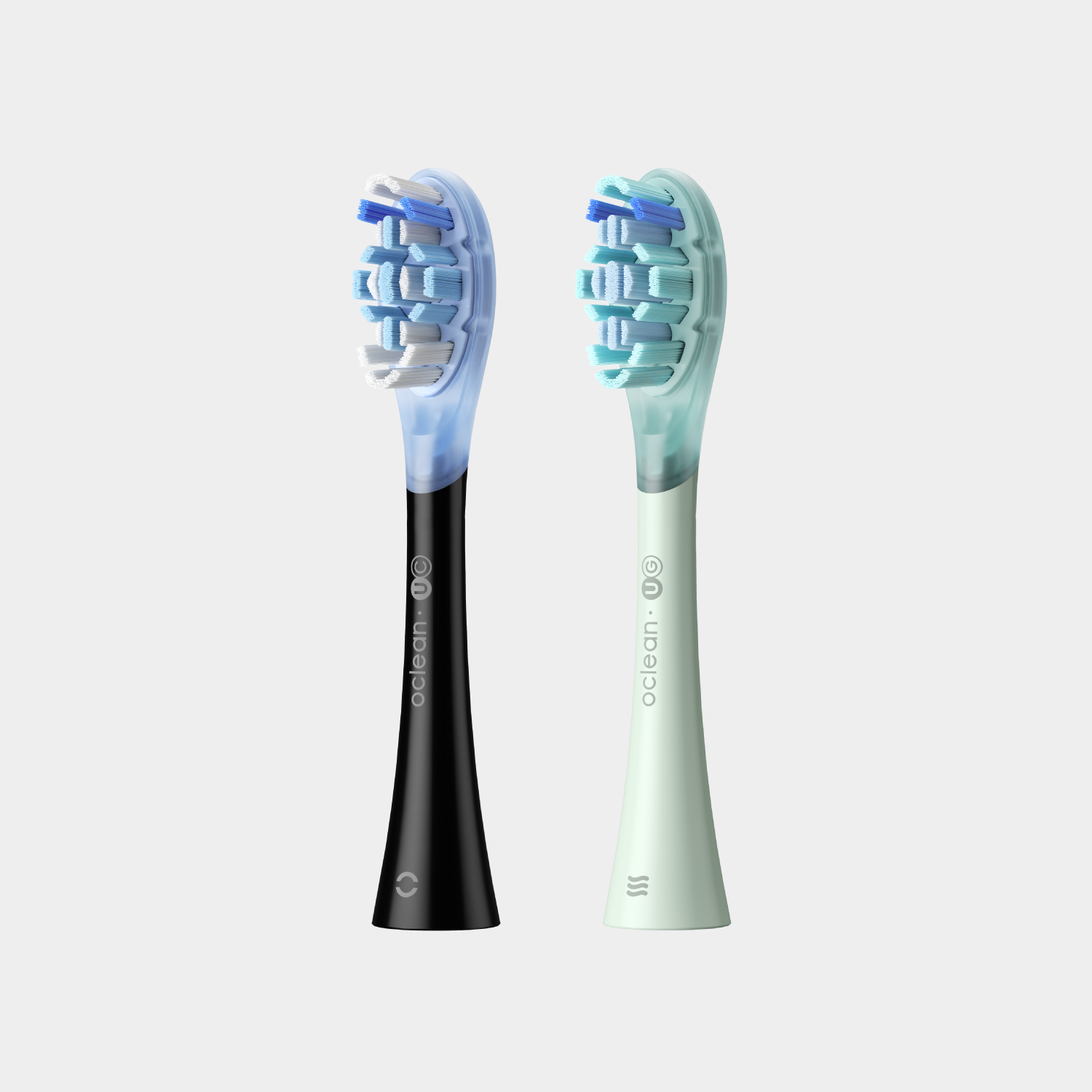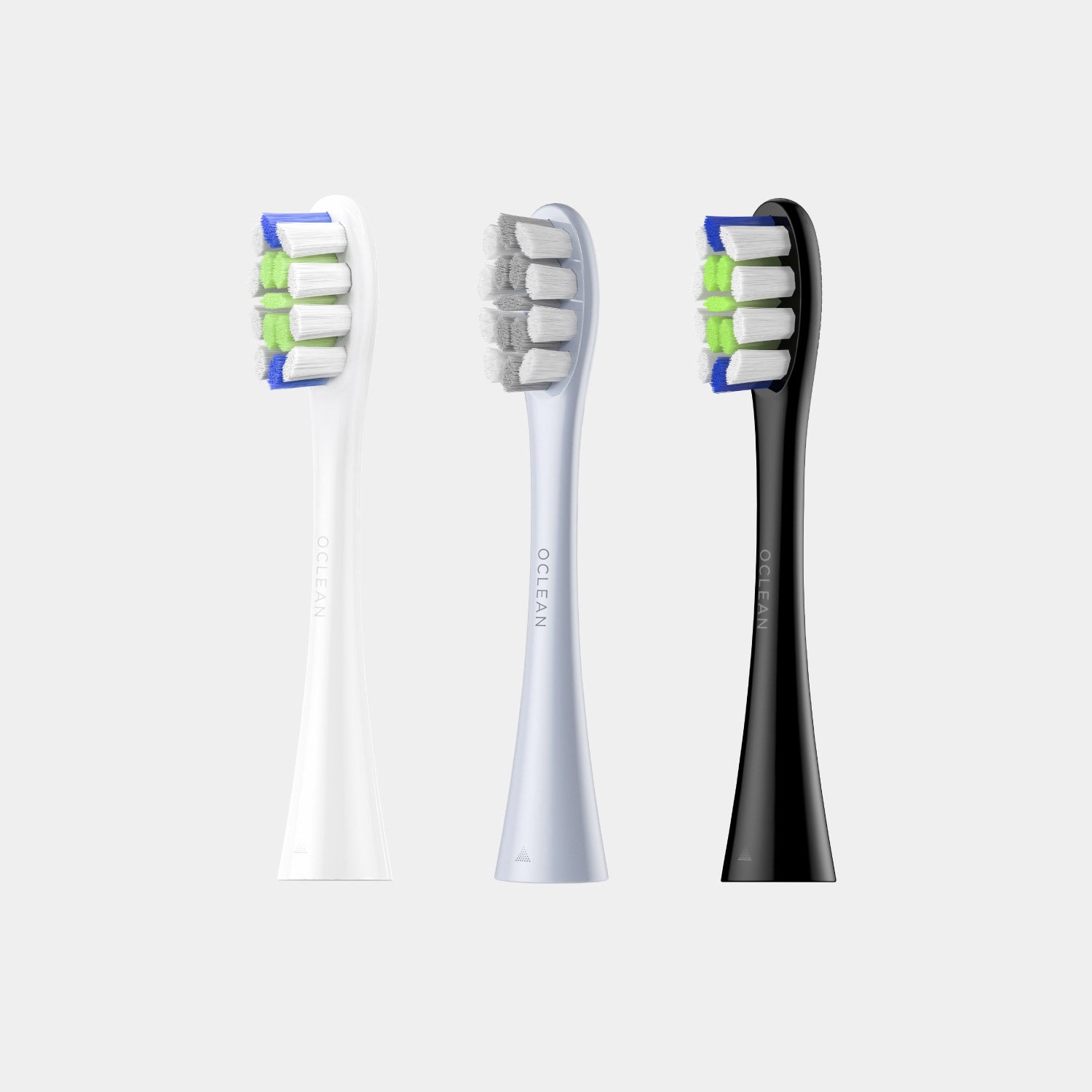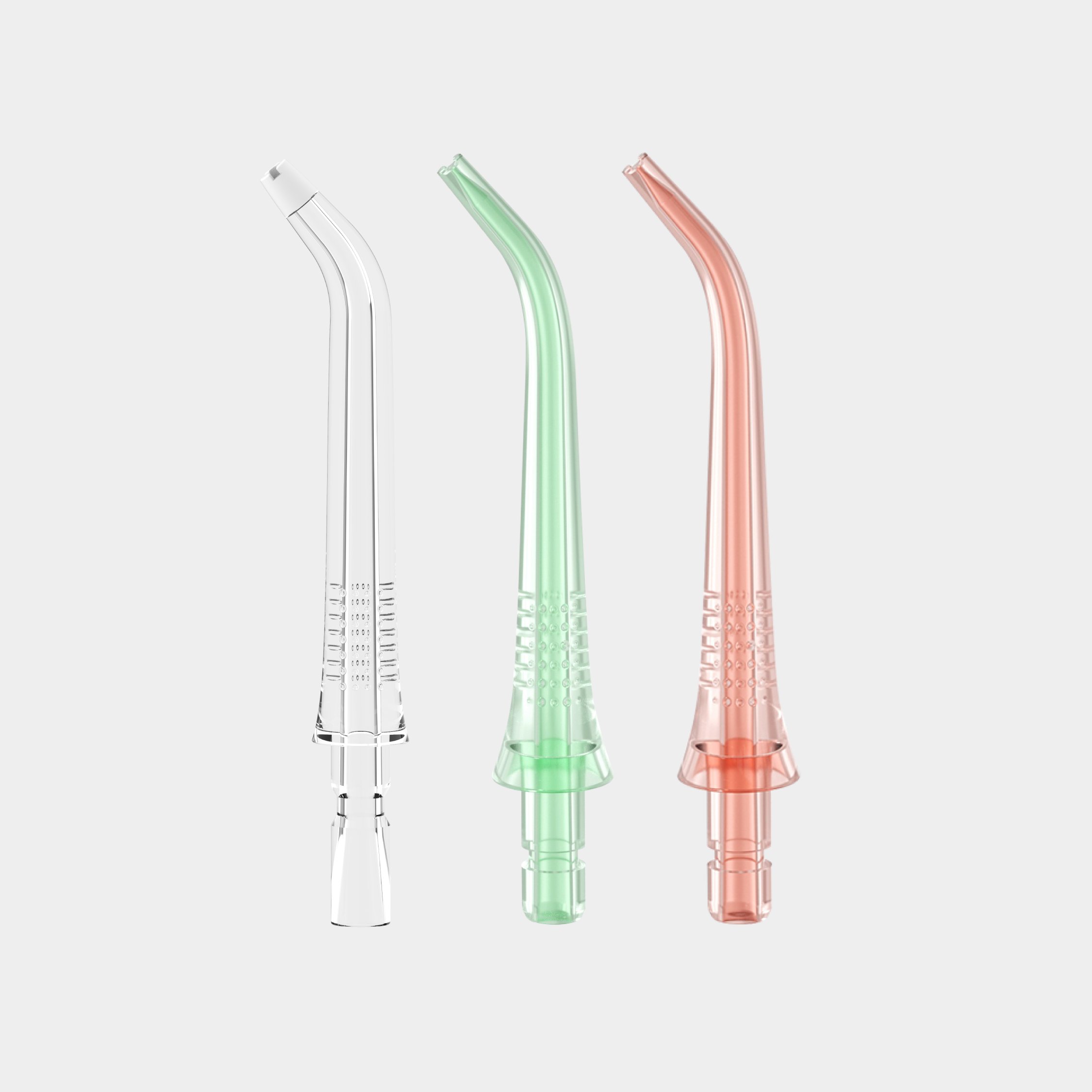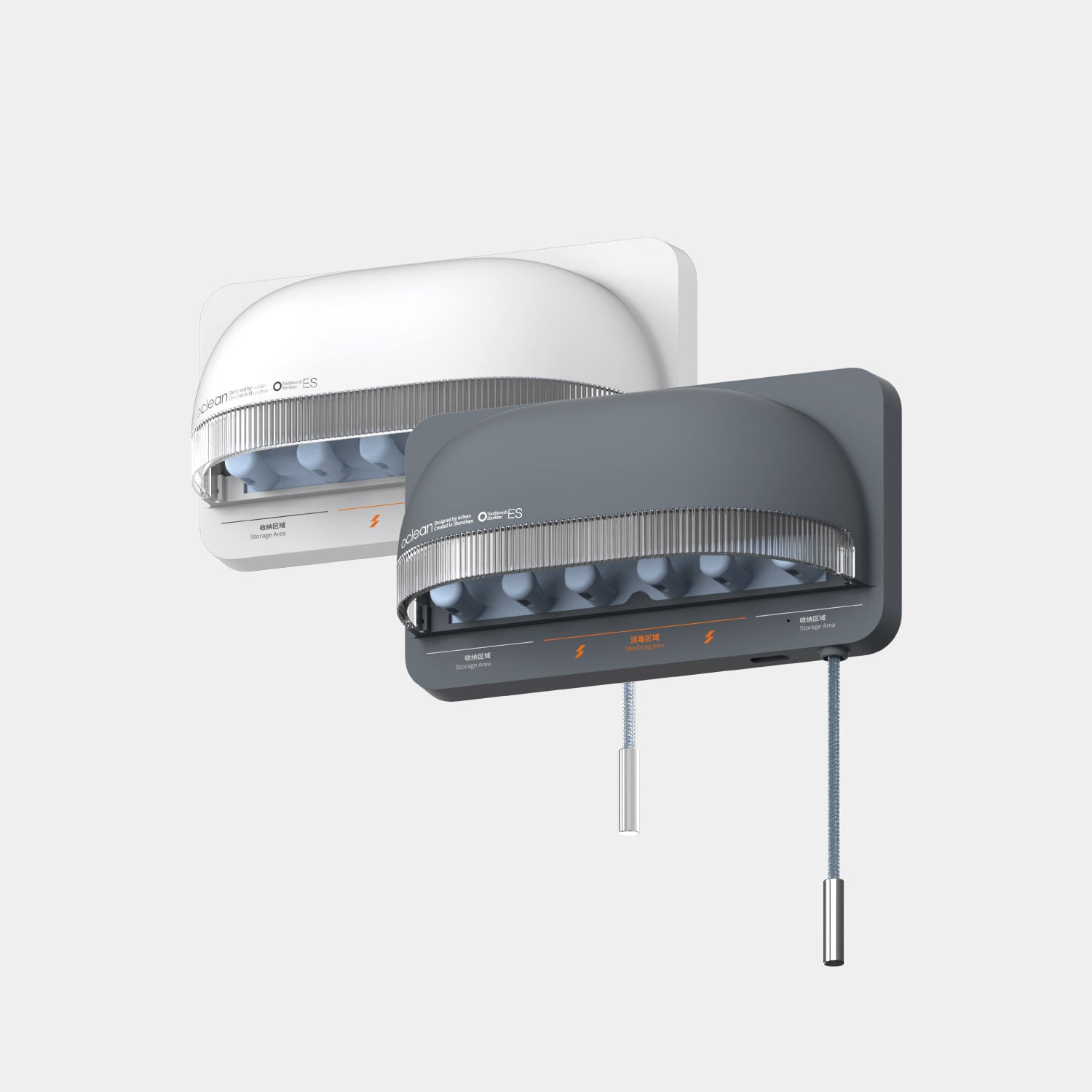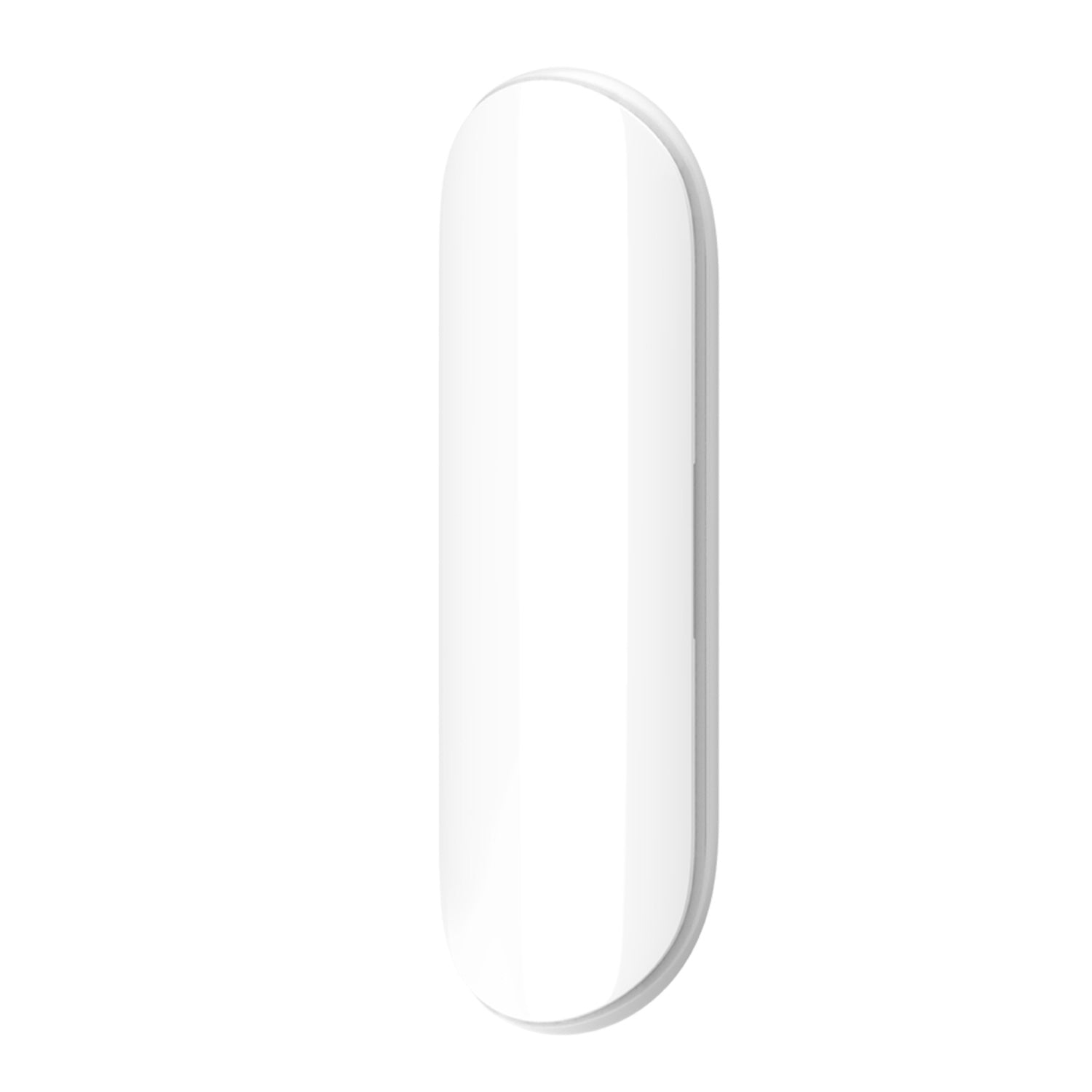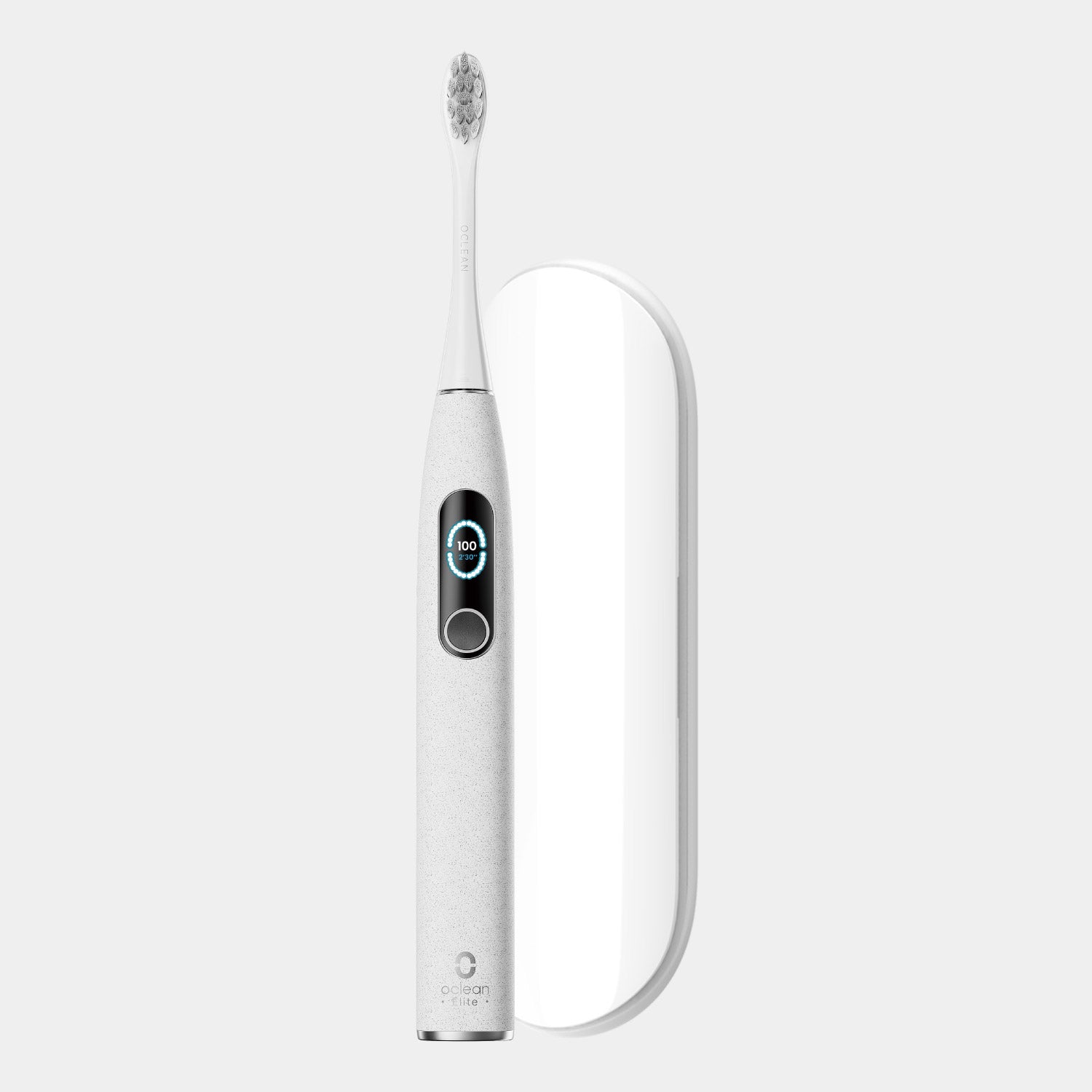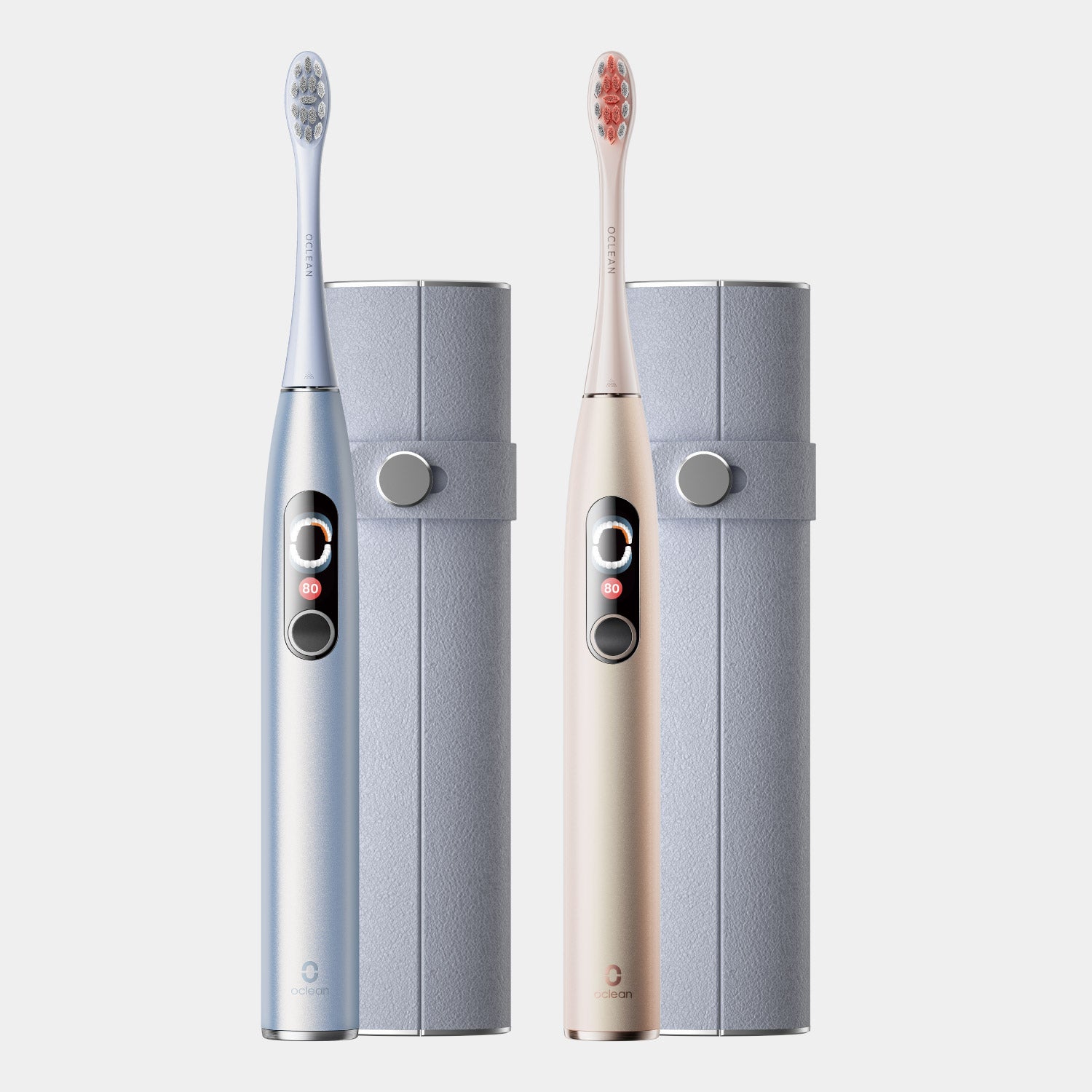Losing a tooth is an event that virtually everyone experiences multiple times throughout their life, especially children transitioning from baby teeth to permanent ones. While teeth typically end up under a pillow for the tooth fairy, there is a slight but rare risk of accidentally swallowing them when they come loose. Although not a common occurrence, it's essential to know what to do in such an unlikely scenario.
In this article, we'll explore the consequences of accidentally swallowing a tooth and discuss potential, albeit rare, complications.
Are Teeth Digestible?
Teeth are not meant to be swallowed, but in most cases, they are digestible. Typically, they can navigate the entire digestive tract without causing any problems or health complications. Their size allows them to pass through the esophagus comfortably, and their edges are usually not sharp enough to cause harm as they traverse the digestive system.
In children, baby teeth naturally reabsorb and break down during their shedding process, making them smaller when they fall out. Consequently, they pose less risk to the digestive tract if accidentally ingested. Additionally, teeth are composed of natural minerals and do not trigger stomachaches.
What to Expect After Swallowing a Tooth
Fortunately, there isn't much to anticipate after swallowing a tooth. Depending on its size and shape, it may cause mild discomfort as it passes through the throat. Once it reaches the stomach, it continues its journey through the digestive tract.
Within 2 to 4 hours, the tooth moves from the stomach to the small intestine and eventually reaches the large intestine, where the digestion process is completed. It typically takes 24 to 48 hours for the tooth to be expelled from the body through feces.
It is strongly advised against inducing vomiting, especially in children, as it can lead to discomfort. Similarly, taking laxatives is not recommended. Instead, it's best to allow the tooth to be naturally expelled through the digestive process.
When to Seek Medical Attention
In most cases, swallowed teeth will pass through the digestive tract like regular food. However, there is a minuscule chance of the tooth taking a wrong turn and ending up in the airway. If this occurs, the tooth can become lodged in the tracheobronchial tree, a vital passage for air to enter the lungs. This can result in breathing difficulties, turning it into a medical emergency.
Certain symptoms should prompt immediate medical attention, including:
- Fever
- Abdominal pain
- Difficulty swallowing
- Neck pain
- Chest pain
- Persistent vomiting
These symptoms can occur if the tooth becomes stuck in its journey to the stomach or if its sharp edges injure the digestive tract. In such cases, doctors may employ an X-ray to locate the tooth or perform an endoscopy.
What Are the Odds of an Adult Swallowing a Tooth?
While children are more susceptible to swallowing teeth, adults are not entirely immune to this unlikely scenario. Severely decayed permanent teeth are more prone to fracturing during meals, leading to accidental ingestion. Additionally, severe periodontal disease can cause permanent teeth to loosen and fall out, which can also result in unintentional swallowing.
Fortunately, unlike baby teeth, permanent teeth are larger and less likely to cause harm while passing through the esophagus.
How to Prevent Swallowing a Tooth
There are measures to minimize the chances of accidentally swallowing a tooth:
For Children:
1.Encourage the child to alert an adult when a tooth becomes loose. This allows for safe extraction assistance rather than letting it fall out unattended.
2.Caution the child to be mindful while eating, as chewing on a loose tooth increases the risk of swallowing it.
For Adults:
1.Consider wearing a mouthguard during sports activities to reduce the risk of tooth fractures or dislodgement from trauma.
2.Maintain good oral hygiene to prevent gum and teeth problems that could lead to tooth loss. The Oclean X Pro Digital Sonic Electric Toothbrush, equipped with a timer ensuring a thorough 2-minute brushing routine, can enhance oral hygiene by effectively removing more plaque than a conventional toothbrush.
Conclusion
Accidentally swallowing a tooth is more common among children but can also happen to adults. Fortunately, in the majority of cases, this occurrence doesn't lead to health issues. Instead, the tooth typically passes through the digestive tract and is expelled through feces.
However, in rare instances, the tooth may become lodged in the airway or cause harm during its journey through the digestive system. If any concerning symptoms arise, seeking immediate medical attention is crucial.


